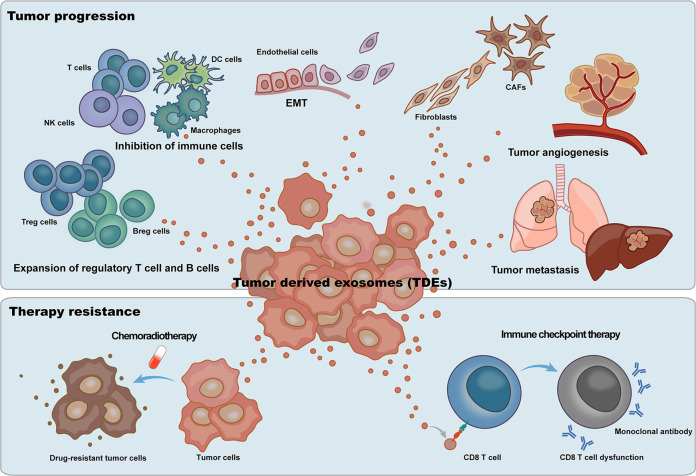Fig. 1. Tumor-derived exosomes (TDEs) play critical roles in tumor progression and impede tumor therapy.
TDEs promote the expansion and activation of regulatory T cells and B cells and inhibit the function of effector T cells and NK cells to create immunosuppressive tumor microenvironments. By not only reprogramming normal fibroblasts into CAFs but also inducing CAFs to transform epithelial cells to a mesenchymal phenotype, TDEs also induce tumor progression and metastasis. TDEs mediate the activation of endothelial cells, leading to tumor angiogenesis. For tumor therapy, TDEs mediate chemotherapeutic drug resistance phenotypes in tumor cells by delivering multidrug transporters. In addition, TDE impedes the effect of tumor immunotherapy through the contained immune checkpoints, especially PD-L1.

